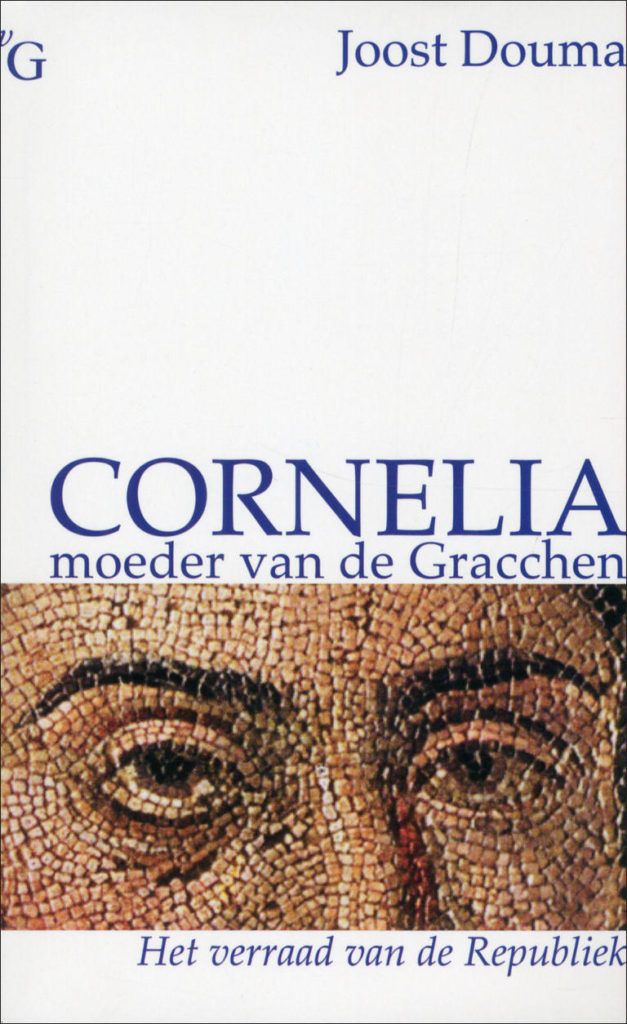Cornelia: Moeder van de Gracchen
While looking back from her retreat in Misenium, Cornelia narrates the events that changed the nature of the Roman Republic. Her father, Scipio Africanus, had won glory as the conqueror of Hannibal. Her son Tiberius was decorated as the first over the wall at Carthage and later saved a Roman army by negotiations. By using his office of tribune, Tiberius bypassed the Senate to enact laws awarding land to veterans, intending to secure Rome’s grain supply. These laws brought about intriguing shifts in alliances between patrician families and individuals. Tiberius’s allies gave him a leading role, but many deserted him in the face of senatorial opposition. After his murder, Cornelia’s surviving son Gaius became tribune and enacted similar legislation, encountering even more violent opposition.
Some of the political events are peculiarly Roman, such as influencing an election by introducing panthers in the games, but others, like behind-the-scenes dinners and using wealth to obtain votes, are still familiar today. Like other great historical novels, this one is about both the past and the present.
Although women were theoretically excluded from political participation, Cornelia was extremely well educated and astute, making comments like “Except for horse races, there was nothing that could whip up the emotions of my people like holding elections.”* Sometimes Cornelia’s conservative sentiments put her at odds with her sons, but she always remained loyal to their memory. Today she is remembered as the ideal Roman matron who said her treasure was her sons.
The helpful appendices include a genealogy, a chronology, a glossary, sources and a summary of the laws Gaius passed. This fine Dutch novel deserves to be translated into English and other languages so it can reach a wider audience.
* translation by the reviewer
Ed. note: Price is €22.00.










